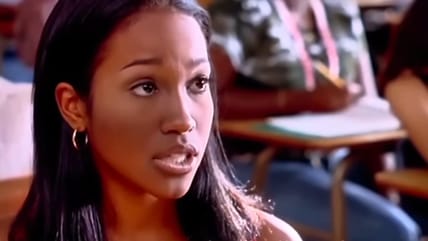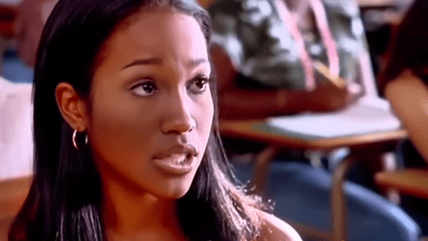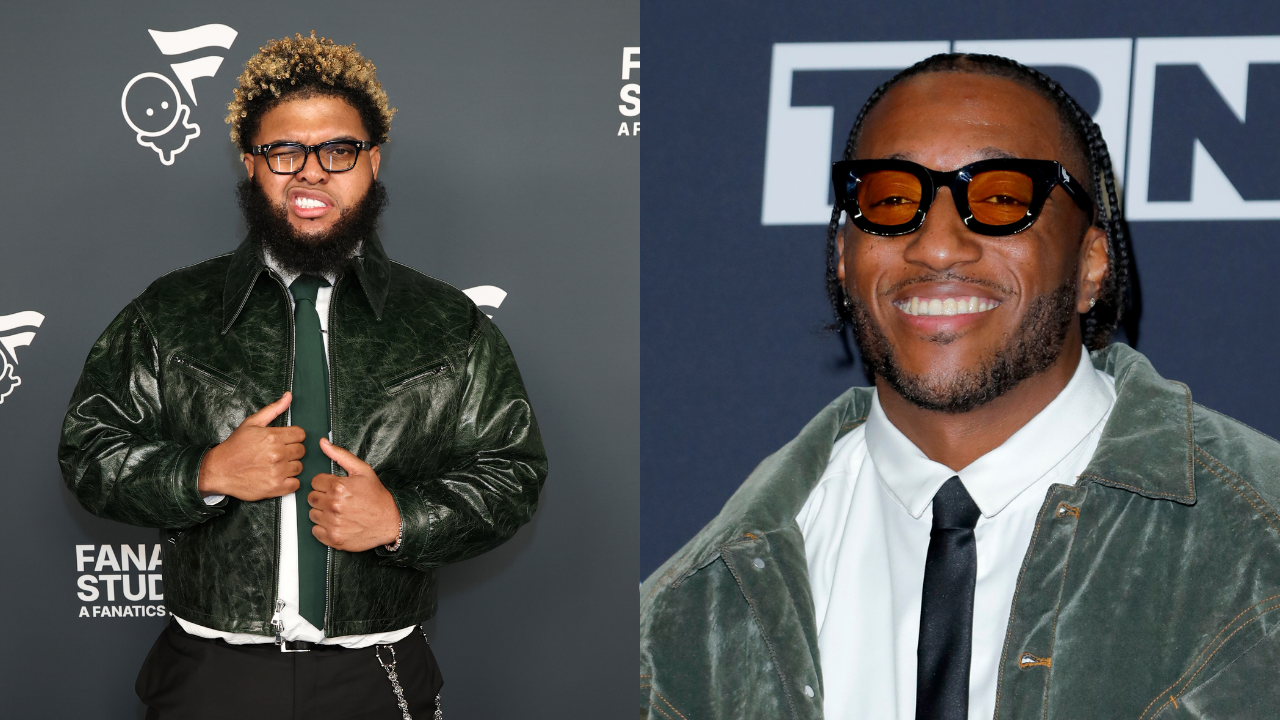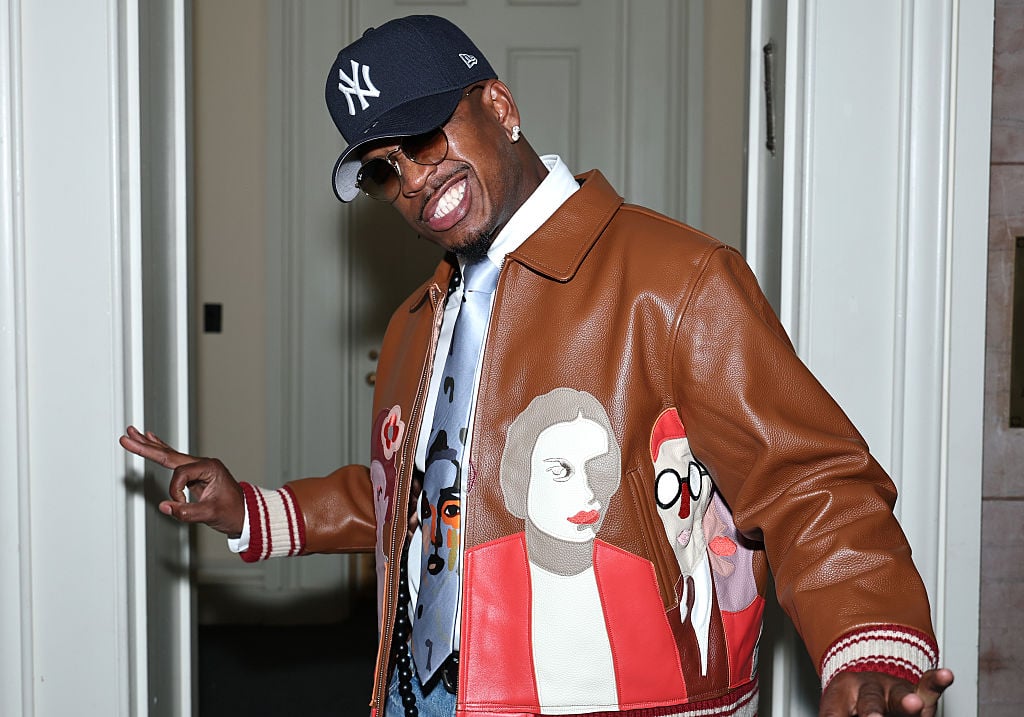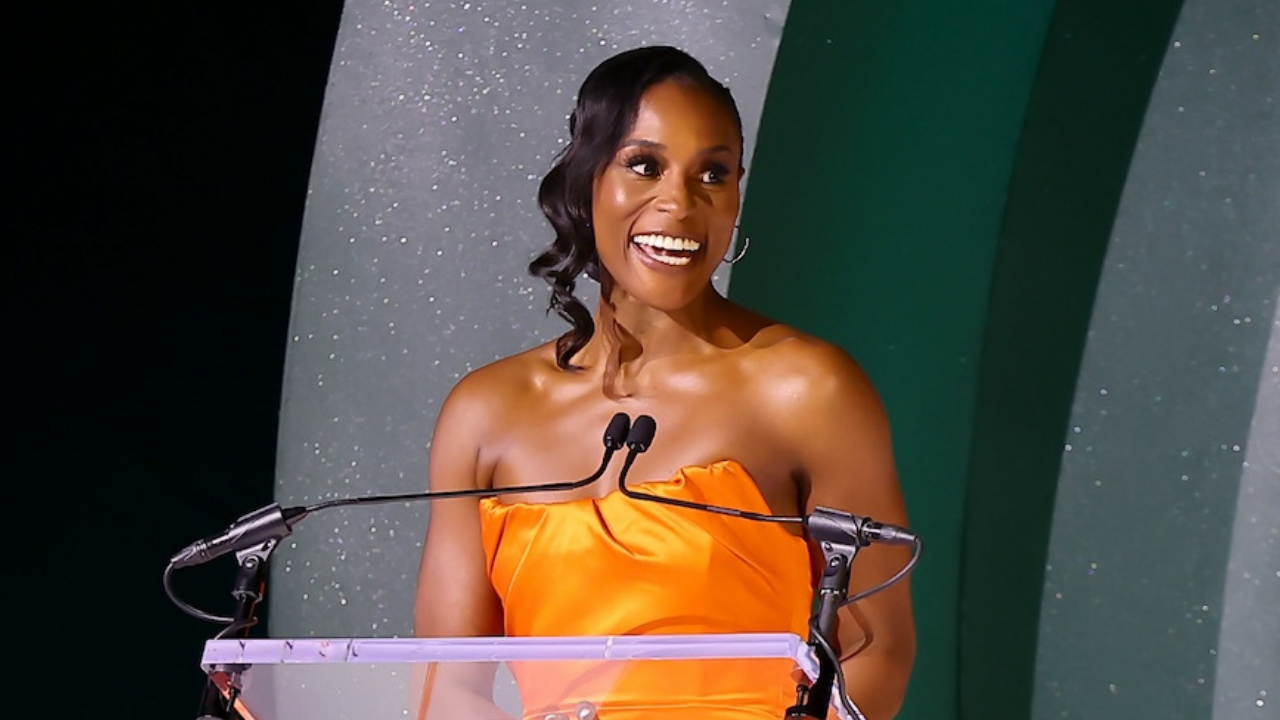After some time out of the spotlight, 90s actress Maia Campbell triumphantly resurfaced on social media recently.
In April, the 48-year-old actress made a series of social media posts for the first time since 2017. Nearly instantly, she received an outpouring of support from others in Black Hollywood and fans alike.
Campbell, who became a household name for starring in films like “Poetic Justice,” alongside Tupac and Janet Jackson, and shows like “In the House,” with LL Cool J and Debbie Allen, has experienced her share of personal struggles, both in private and in the public eye. However, her return to the digital public has warmed many of the 90s starlet’s fans’ hearts and led to intense inquiry into what the actress is up to now.
“Hey everybody, thanks for checking in and wondering if I’m okay—I’m doing great,” she said in a video responding to the outpouring of love and support.
She noted that many people were asking her what’s next for her career. She’d love to get in touch with Tyler Perry to discuss potentially producing her mother’s book, “72 Hour Hold.”
“It was a monumental book for me; it was a New York Times bestseller, and July is Mental Health Awareness Month. So, I’m still on that campaign. Keep me up in prayer, keep praying for me, and I’m going to do my best to make you guys happy. See you soon, bye,” she concluded.
It’s unknown if Perry has responded yet. In the meantime, here are five facts about the actress that folks may want to brush up on.
Her mother was a prolific writer
Born on November 26, 1978, in Takoma Park, Maryland, just outside Washington, D.C., Campbell grew up with her mother, Bebe Moore Campbell, an author and journalist. In her lifetime, Bebe wrote several books, including three New York Times Bestsellers. She wrote impactful nonfiction, like the memoir “Sweet Summer: Growing Up With and Without My Dad,” and vivid novels, like “Your Blues Ain’t Like Mine,” exploring family dynamics, racism, and mental health.
Beyond her literary pursuits, Bebe was also a passionate mental health advocate who founded the National Alliance of Mental Illness Urban Los Angeles. She died in 2006 from brain cancer at the age of 56.
She got her first role at the age of 16
In 1993, Campbell made her acting debut in the film “Poetic Justice,” where she played the role of Lucky’s (Tupac Shakur) cousin, Shante. While brief, her dynamic presence is memorable. Soon after, she began appearing in the show “South Central” before guest-starring in several other hit ’90s sitcoms and eventually landing a starring role in “In the House,” which began airing in 1995.
She has publicly battled addiction and mental health issues
While it was known that Campbell had bipolar disorder in the late 90s, her struggles with mental health and addiction became more widely known in the early 2000s. After marrying husband Elia Gutierrez in 1998, the two welcomed a daughter in 2000. Campbell lost custody of her daughter a year later for not treating her bipolar disorder. Over the next decade, Campbell experienced a series of setbacks both privately and in the public eye, stemming from her mental health issues and drug use. In 2009, a video surfaced of Campbell, leading to widespread concern, and eventually, her stepfather speaking out to confirm she was in treatment.
In 2012, she appeared on an episode of “Iyanla Fix My Life,” where her stepfather, daughter, and ex-husband all appealed to her to get help. Campbell began making headlines again after the appearances for multiple arrests and public setbacks, including an incident in 2017 that led her former co-star, LL Cool J, to plead with the public for help.
She’s ready to hit the ground running
With her last credited acting role in 2017, according to her IMDB page and her recent public ask to Tyler Perry, a resurgence of her on our screens is likely.
Her journey is inspiring
Since the beginning of her struggles in the public eye, many folks in her corner have supported her. After almost ten years, her return to social media was met with so much love and excitement that it’s clear how cherished she is by her fans and followers. Campbell’s journey has also, whether she intended it to be or not, inspired many dealing with both addiction and mental health issues.


